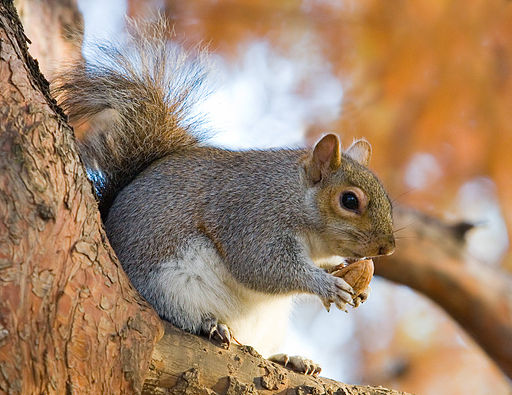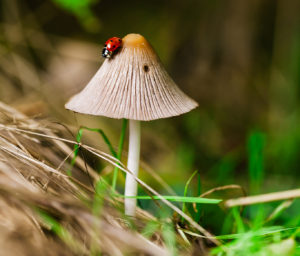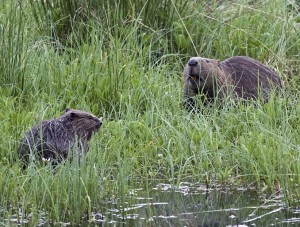Pine Martens Help Control Grey Squirrels
Pine martens are making a comeback in Scotland, which is suppressing populations of the invasive grey squirrel – this in turn is helping the recovery of the native red squirrel.
 Image: By Diliff (Own work) [CC BY-SA 3.0 (http://creativecommons.org/licenses/by-sa/3.0) or GFDL (http://www.gnu.org/copyleft/fdl.html)], via Wikimedia Commons
Image: By Diliff (Own work) [CC BY-SA 3.0 (http://creativecommons.org/licenses/by-sa/3.0) or GFDL (http://www.gnu.org/copyleft/fdl.html)], via Wikimedia Commons For many years, populations of red squirrel have been in serious decline due to competition for food with the invasive North American grey squirrel and a pox it carries for which the native animal has no defence. Now, new research suggests that native pine martens, also once on the decline, are suppressing the grey squirrels’ numbers.
An international research team from the University of Massachusetts Amherst, the University of Aberdeen and the Waterford Institute of Technology, Ireland, conducted the study. They report, in Proceedings of the Royal Society B, that native pine marten suppression of the invasive grey squirrels in Scotland is helping recovery of native red squirrel populations.
Lead author Emma Sheehy says: “Our study has confirmed that exposure to pine martens has a strong negative effect on grey squirrel populations, whereas the opposite effect was observed in red squirrel populations who actually benefitted from exposure to martens.”
Co-author Chris Sutherland adds: “Our state-of-the-art analysis suggests that we can achieve conservation objectives twice over by allowing a native species, the pine marten, to spread naturally while conserving our precious red squirrel. There has been a vigorous effort to eradicate the grey squirrel at the same time pine martens had retreated north, but the evidence is, that is changing. Pine martens are now turning up in areas where they used to be and are suppressing grey squirrel populations just through the natural order. They keep the invasive squirrel in check, if not in decline, and we are seeing a recolonisation of the red squirrel. We’ve potentially found an answer that doesn’t require the high cost of eradication.”
The researchers deployed feeders in the field that had sticky tabs to capture hair samples of both squirrel species and pine martens. Using DNA from the hair samples, they were able to identify individual pine martens in each study area and map where they were spending most of their time.
They then used DNA forensics and combined spatial techniques to estimate pine marten density and squirrel site-occurrence. They found that the occurrence of non-native grey squirrels is strongly negatively affected by exposure to pine martens. On the other hand, exposure had a positive effect on red squirrel populations, reversing the previous trends of squirrel interactions.
“Our evidence that, in addition to their intrinsic value, pine martens provide an ecosystem service by suppressing invasive grey squirrel populations is good news for both red squirrel conservation efforts and the timber growing industry, due to the detrimental impact of the invasive grey squirrel on both,” stated the authors.
The study, which took place between 2014 and 2017, built on evidence from a 2014 investigation by Sheehy which suggested that pine martens may be responsible for the decline of grey squirrels in Ireland. Kenny Kortland, a species ecologist for Forest Enterprise Scotland, notes, “The findings of this research are extremely encouraging. It seems we have a very welcome ally in our efforts to protect red squirrel populations on the national forest estate. The research demonstrates that the return of native predators can have beneficial impacts for other native species.”





Sorry, comments are closed on this post